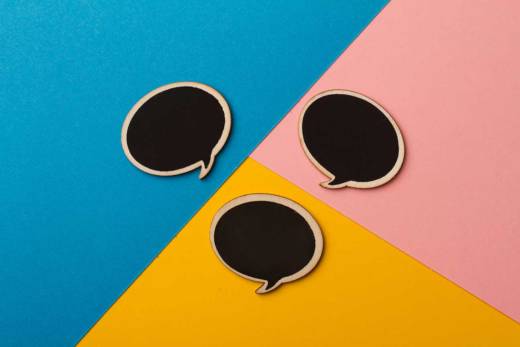Julia Dhar claims: "My mission in life is to help people disagree productively, to find ways to bring truth to light, to bring ideas to life." And as a former debate star, she thinks the skills she learned debating could be the key to help everyone find some common ground.
In her TED Talk, Dhar describes how in debate it doesn't make sense to attack the opponent personally because that person did not choose to argue for one side or another -- it's determined randomly. The only way to win in a debate is to discuss the ideas clearly and impersonally. It's reminiscent of a saying at some education conferences: "be tough on the ideas, soft on the person."
"People who disagree the most productively start by finding common ground, no matter how narrow it is. They identify the thing we all agree on and go from there....what they're doing is inviting us into a shared reality," Dhar said. The conflict is still there, but the shared reality gives people a place to talk about it. She thinks people could be using formal debate structure to productively disagree at every level -- over the dinner table, at staff meetings, on TV.
"It might sound impossible or naive to imagine that you could ever take that notion outside of the high school auditorium," Dhar said. But it is possible. She works with teams to come up with new ideas. And she always starts by soliciting ideas anonymously because she's found that very often the ideas that the whole group finds most interesting, the ones most likely to move forward, come from people who might have a hard time being heard in the traditional workplace structures. That bias demonstrates how when identity is attached to an idea it's often no longer just about the idea.
"The thing debate allows us to do as human beings is open ourselves, really open ourselves up, to the possibility that we might be wrong. The humility of uncertainty," Dhar said.


